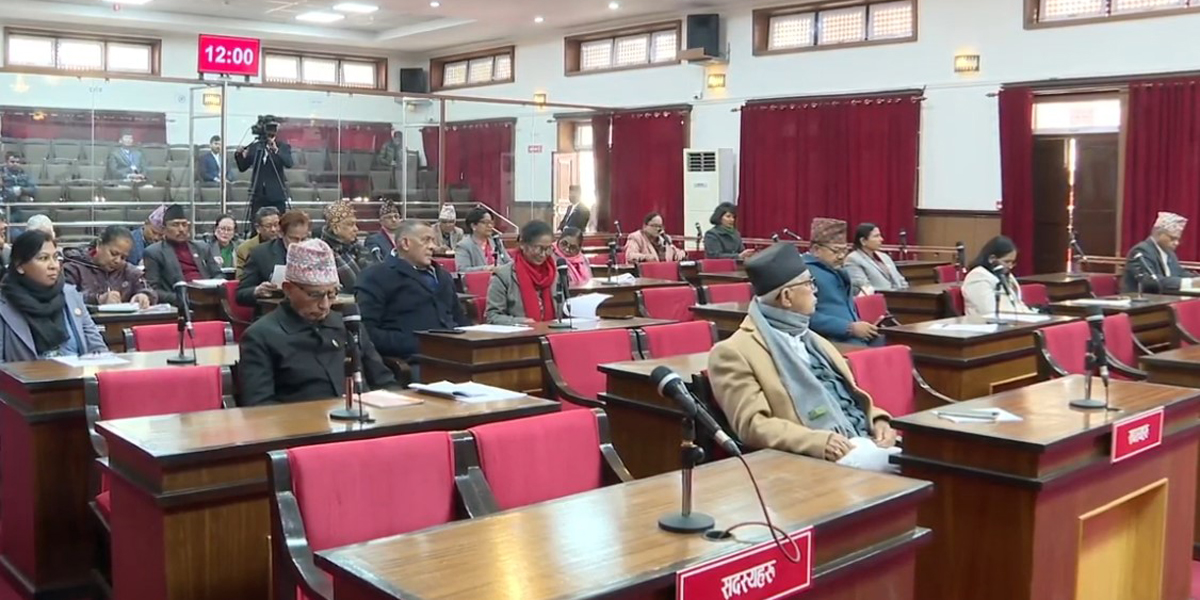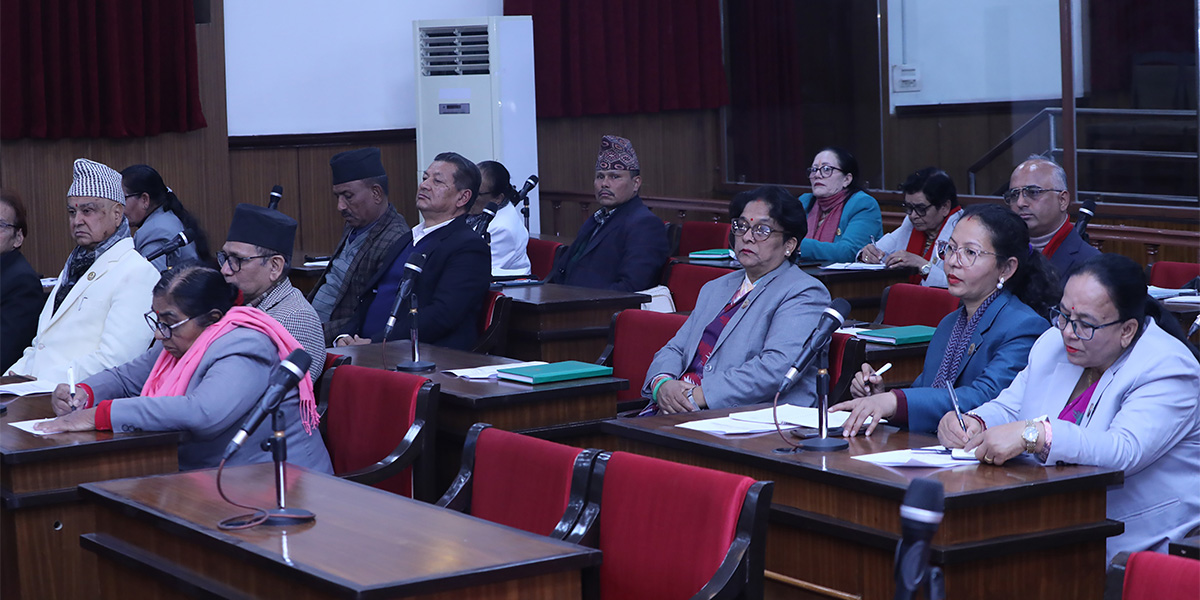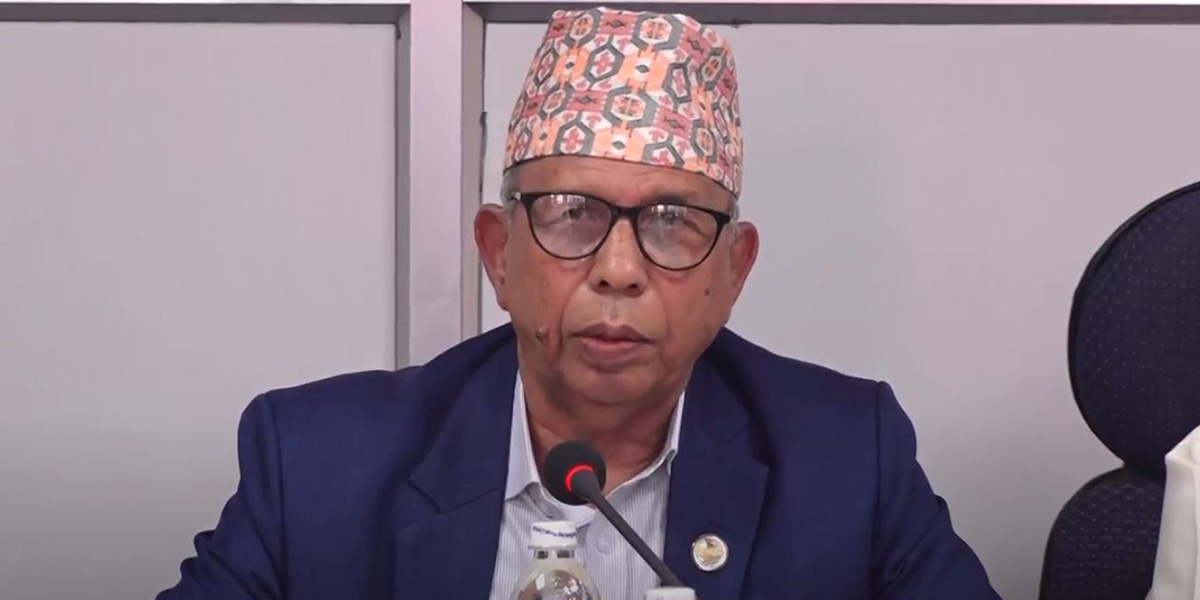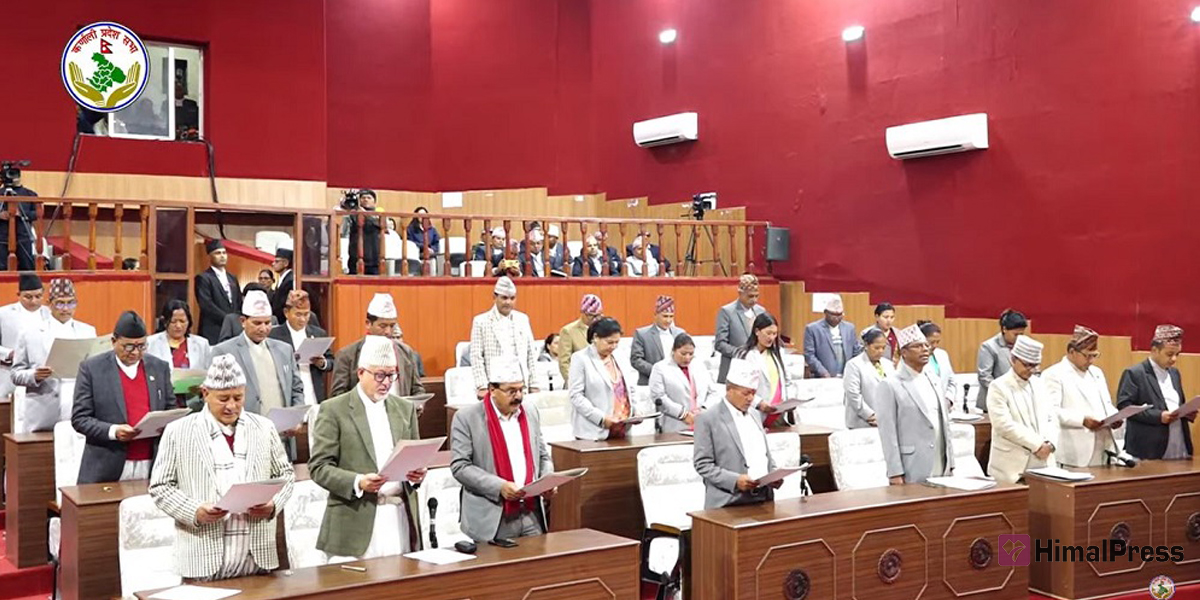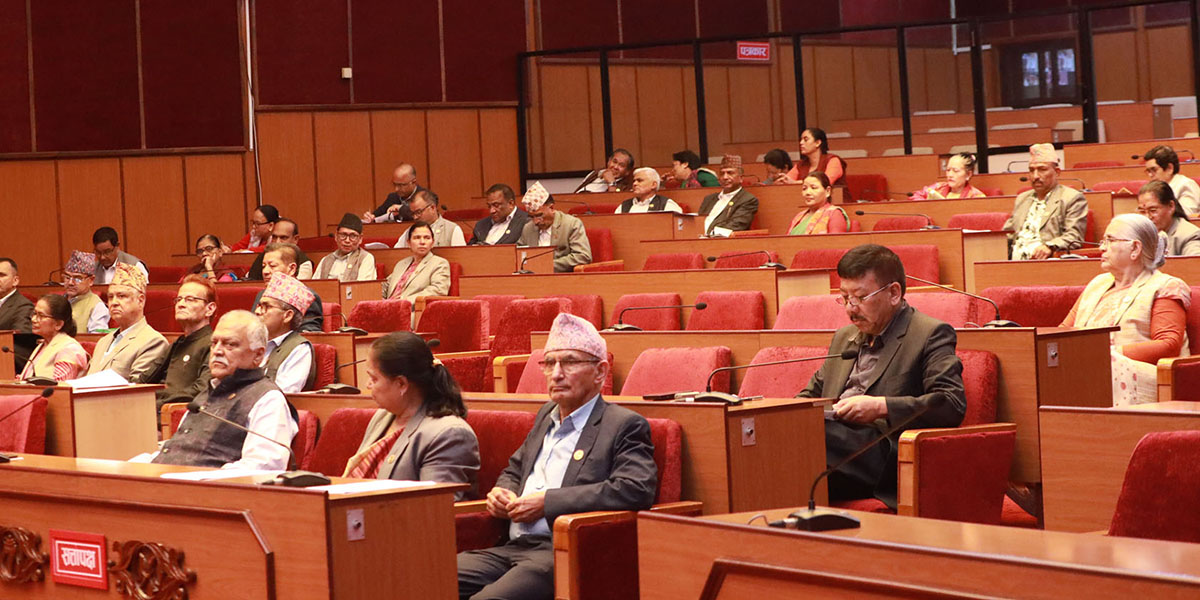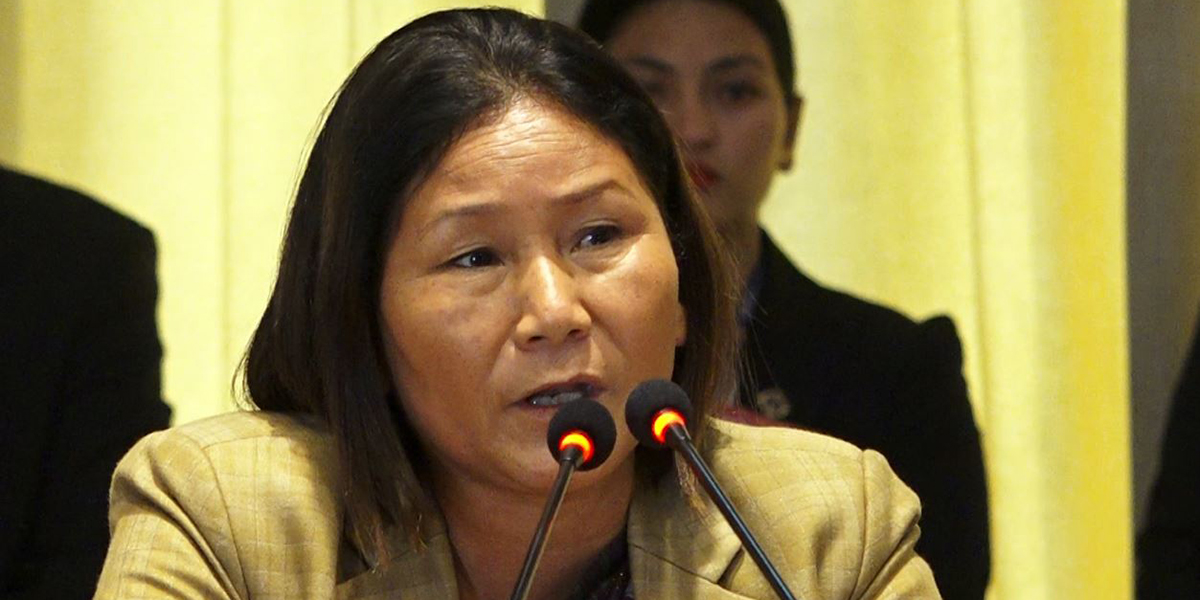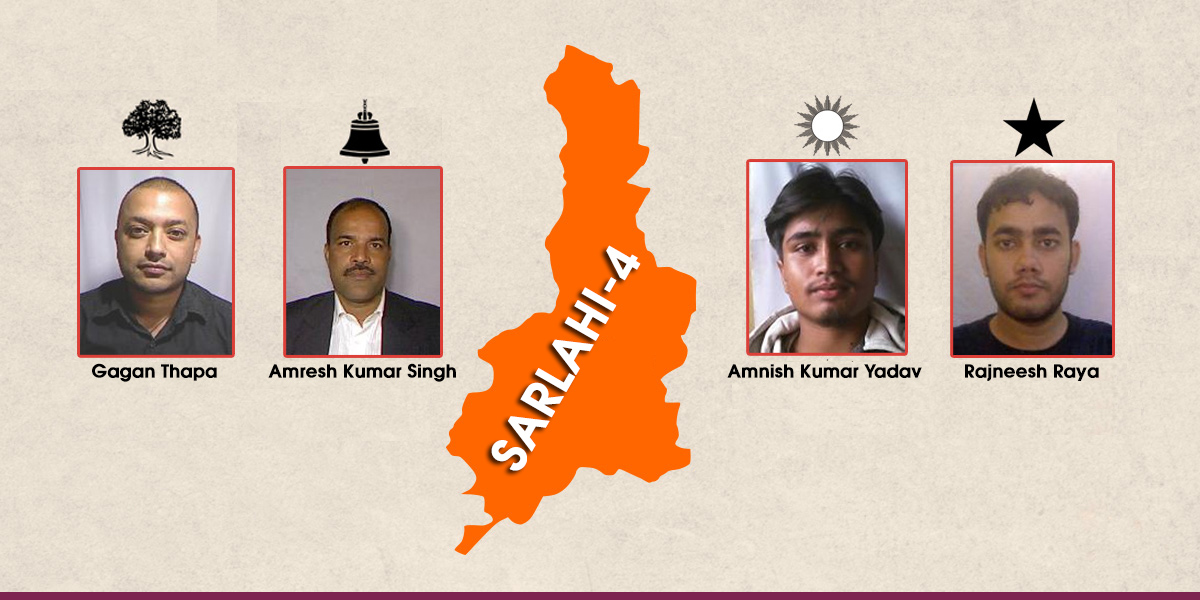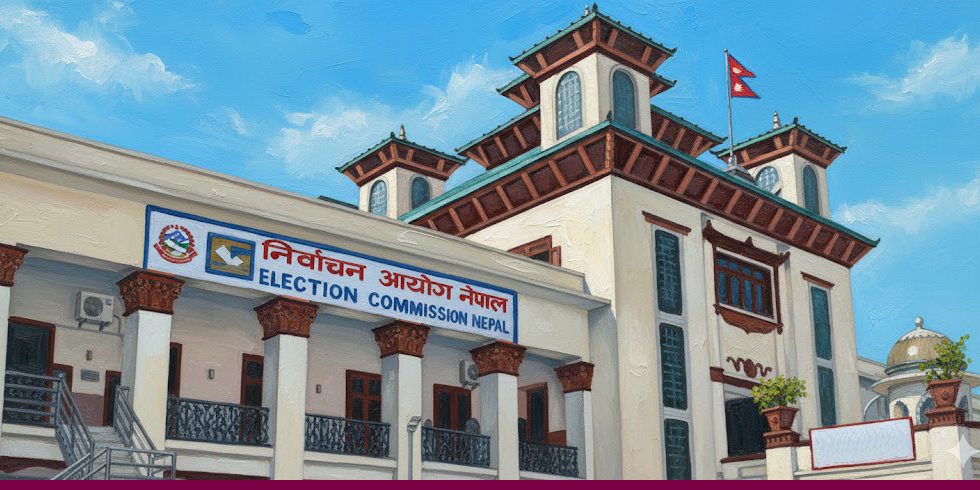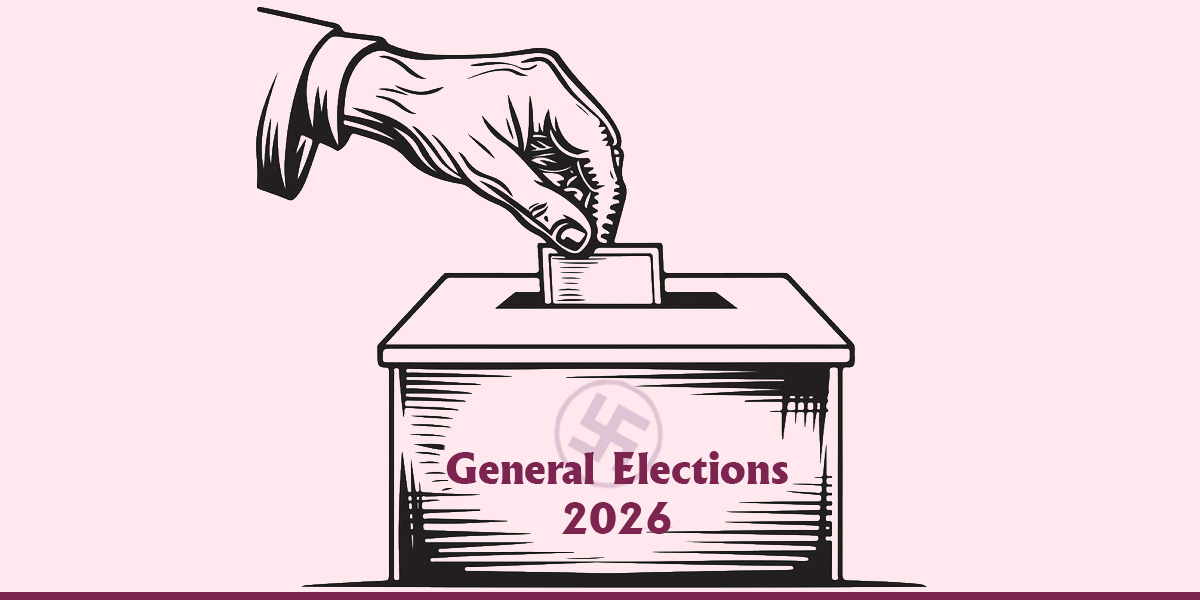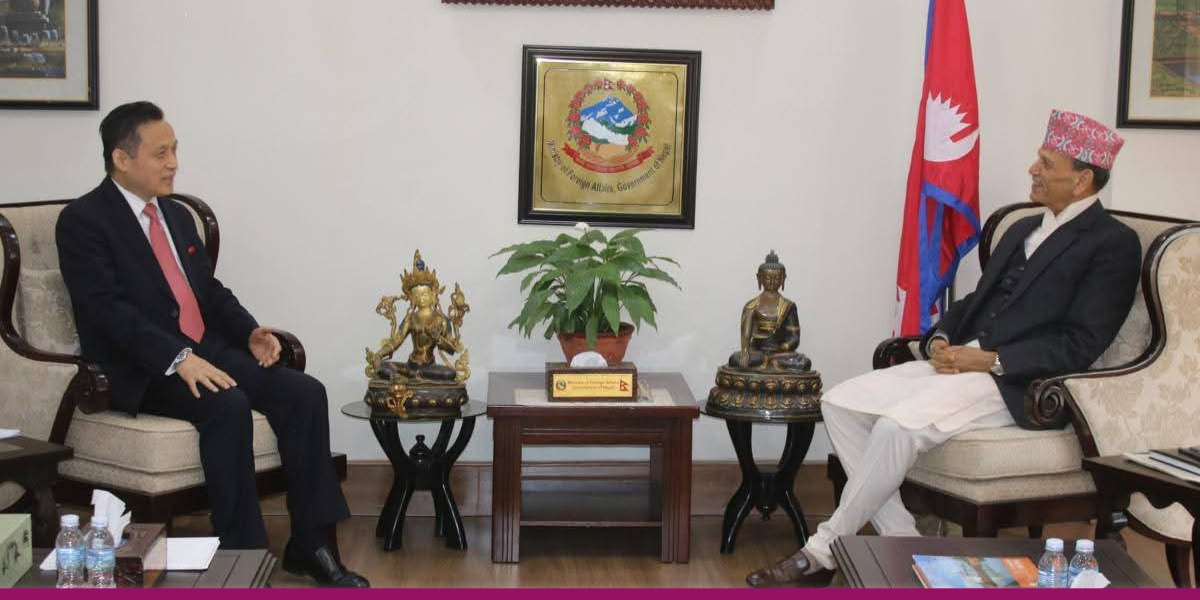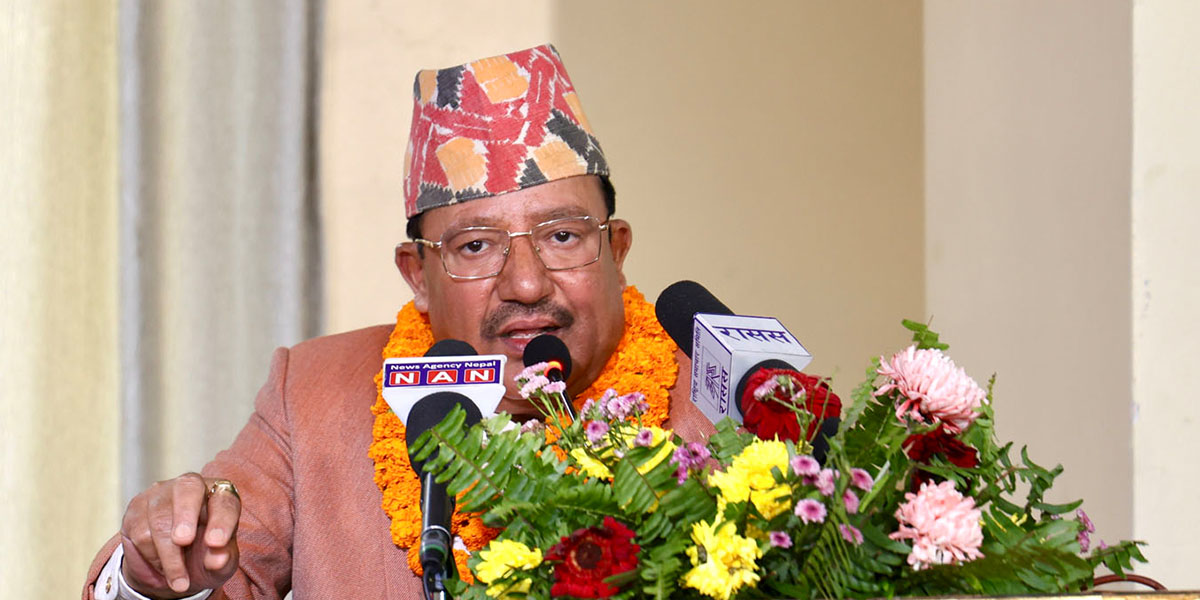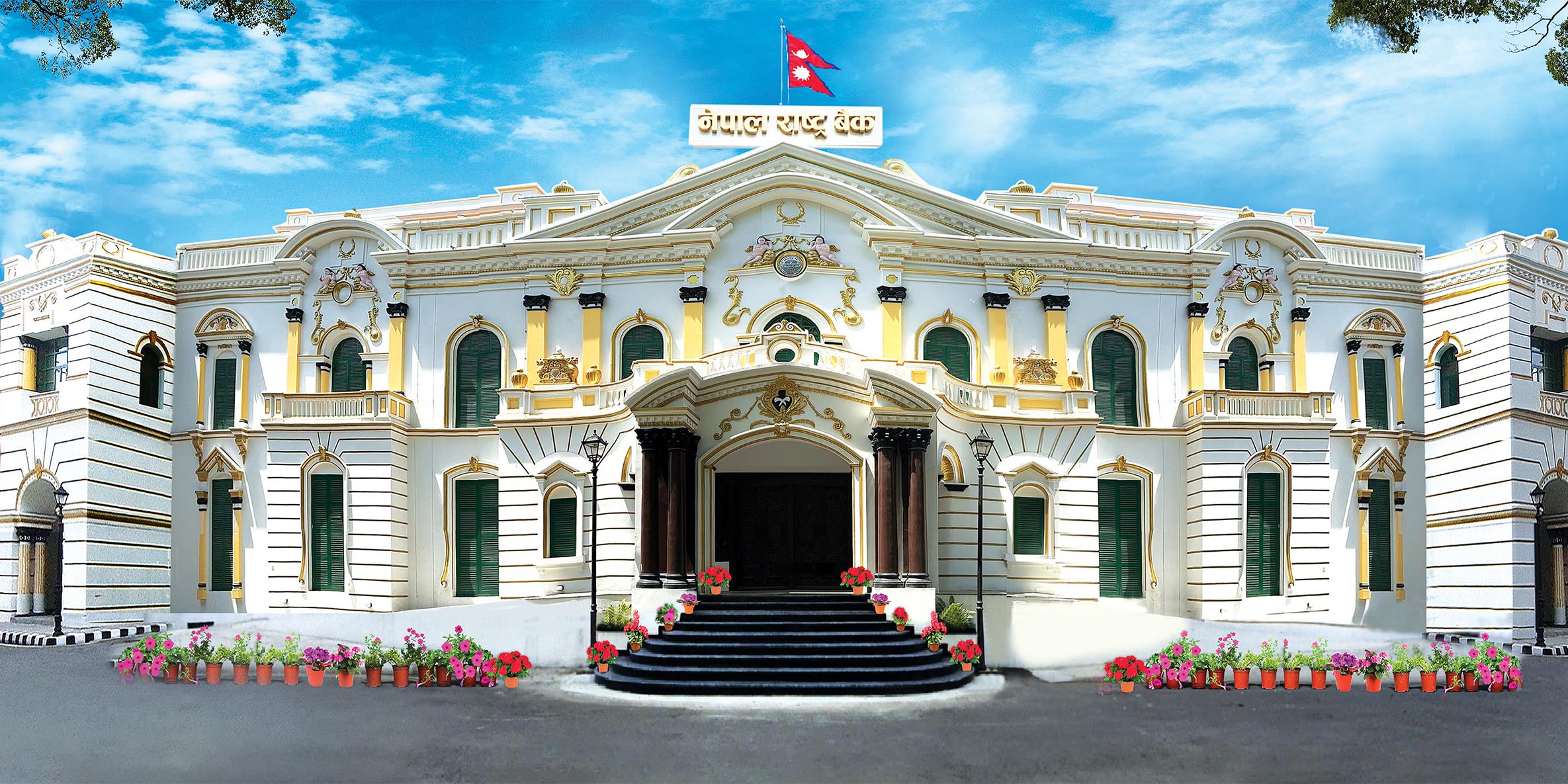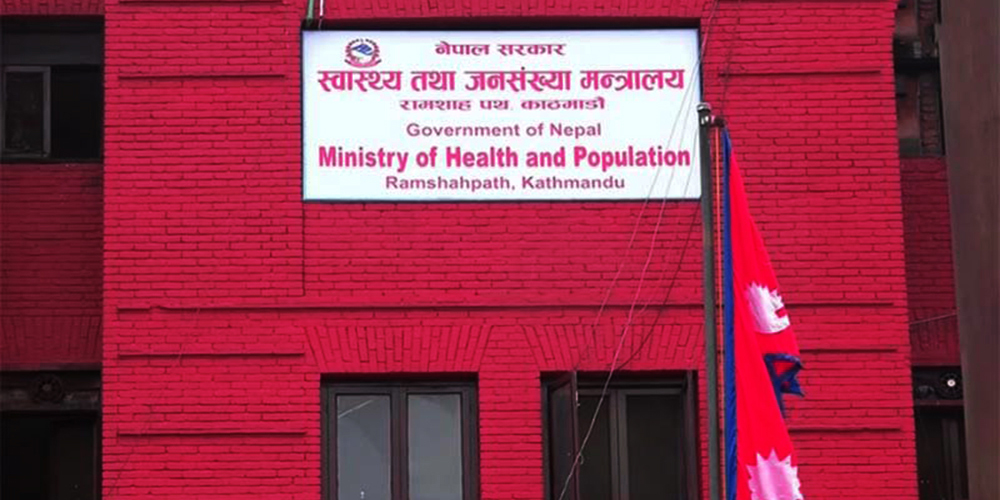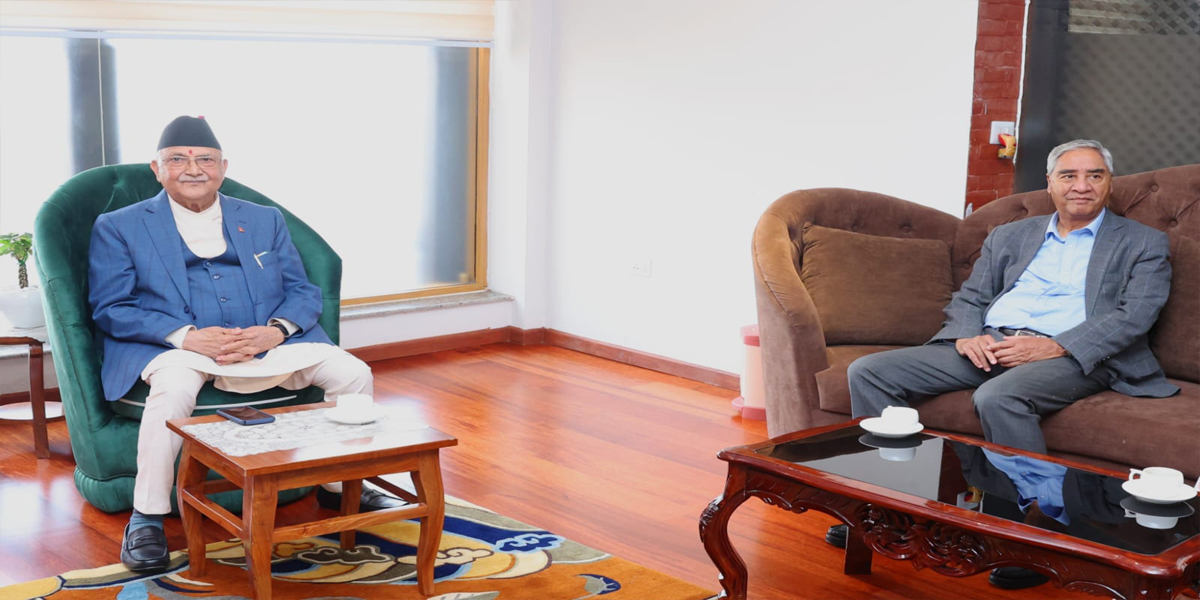 CPN-UML Chairperson KP Sharma Oli (left) and Nepali Congress President Sher Bahadur Deuba.
CPN-UML Chairperson KP Sharma Oli (left) and Nepali Congress President Sher Bahadur Deuba.
KATHMANDU: The government is preparing to pass the ‘Federal Civil Service Formation, Operation, and Service Conditions Bill’ through parliament at the earliest.
Ruling coalition partners Nepali Congress (NC) and CPN-UML have held discussions on major issues of the bill.
Leaders say the State Affairs and Good Governance Committee of the House of Representatives is advancing the Bill following discussions between the Prime Minister, CPN-UML Chairperson KP Sharma Oli, and NC President Sher Bahadur Deuba.
Addressing the 21st Civil Service Day in Kathmandu on Saturday, Oli said the government will pass the bill by forging consensus among all parties. “Since we have two responsible parties in the government, it won’t be difficult to pass the bill,” Oli said.
The bill, which was registered in parliament in the first week of March, has been pending for the past six months. The government brought the Civil Servant Adjustment Act after the promulgation of the new constitution in 2015. However, in the absence of the Federal Civil Service Act, the adjustment of civil service has not been smooth. Chief Secretary EK Narayan Aryal said this happened due to the lack of a federal civil service law. “Our political federalism has been exceptional, but our administrative federalism has not been as good,” Aryal said.
Minister for Federal Affairs and General Administration Rajkumar Gupta also said the Bill will be advanced soon. “We are expediting the bill as the government has realized that there was a delay in bringing the civil service act,” he added.
Lawmakers have registered as many as 1,583 amendments to different provisions in the Bill. Minister Gupta urged the parliamentary committee to discuss these amendments collectively to facilitate the early passage of the bill.
A contentious issue in the proposed bill is trade unions for civil servants. NC and UML have held discussions on having only one official trade union for government employees. Following the lead of senior leaders, lawmakers from both parties are suggesting that a single trade union would be appropriate. UML lawmaker Raghuji Panta said although political parties have different views on trade union rights, consensus should be reached on having only one trade union that would be acceptable to all.
NC lawmaker Sarita Prasai also said having only one official trade union would be appropriate. “We have trade unions of every political party at present. Let’s see how they will be managed,” she added.
Article 121 of the proposed bill allows for multiple trade unions for employees.
NC and UML have reached an understanding on allowing civil servants, who were previously integrated into provincial and local governments, to rectify their adjustment. Lawmakers from both parties have proposed amendments to the bill for this purpose.
The government had previously integrated civil servants into federal, provincial, and local levels in 2018 through the Civil Servants Adjustment Act. According to the Ministry of Federal Affairs and General Administration, this created 137,000 positions nationwide. Of these, about 35%, or 48,409 positions, were at the federal level. Likewise, the provincial and local levels had 16% and 49% of the positions, respectively.
Although the Ministry of Federal Affairs and General Administration stated six years ago that the task of civil servant adjustment had been completed, civil servants have been voicing their grievances. NC and UML are giving them one opportunity to rectify their adjustment to address these grievances.
What’s in the new Bill
The new Bill proposes to keep the Principal Secretary of the provincial government under the federal civil service.
The bill proposes that the Chief Administrative Officer of local governments will be appointed from the federal level for 10 years after the act comes into effect. Discussions on these issues are ongoing among the ruling parties. Leaders from Congress and UML say they are working to build consensus on this provision of federal appointments for 10 years after the act’s implementation. They are also trying to bring opposition parties, including the Maoist Center, on board with this idea.
Amendments have been proposed to allow provincial employees to be promoted to federal positions and to permit employees from one service group to take exams for another service group. The bill also proposes increasing the retirement age for civil servants from 58 to 60 years. Additionally, it includes a provision that allows civil servants, who have completed 55 years of age, to opt for voluntary retirement with pension benefits.

 Himal Press
Himal Press 